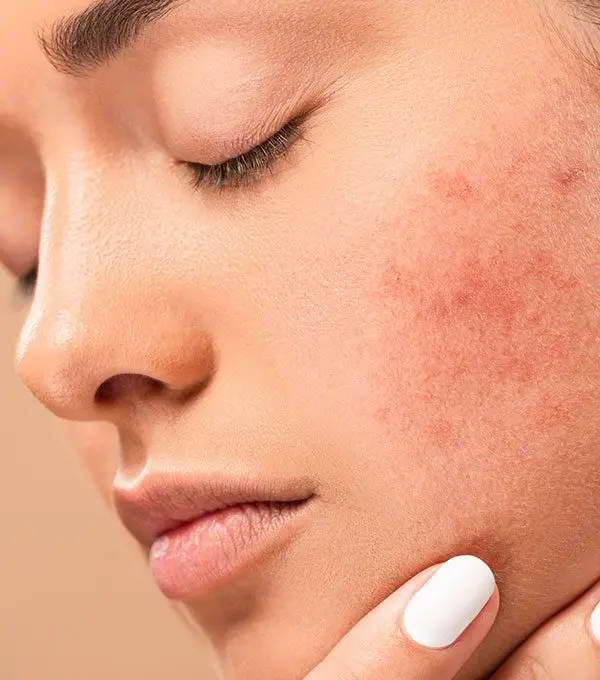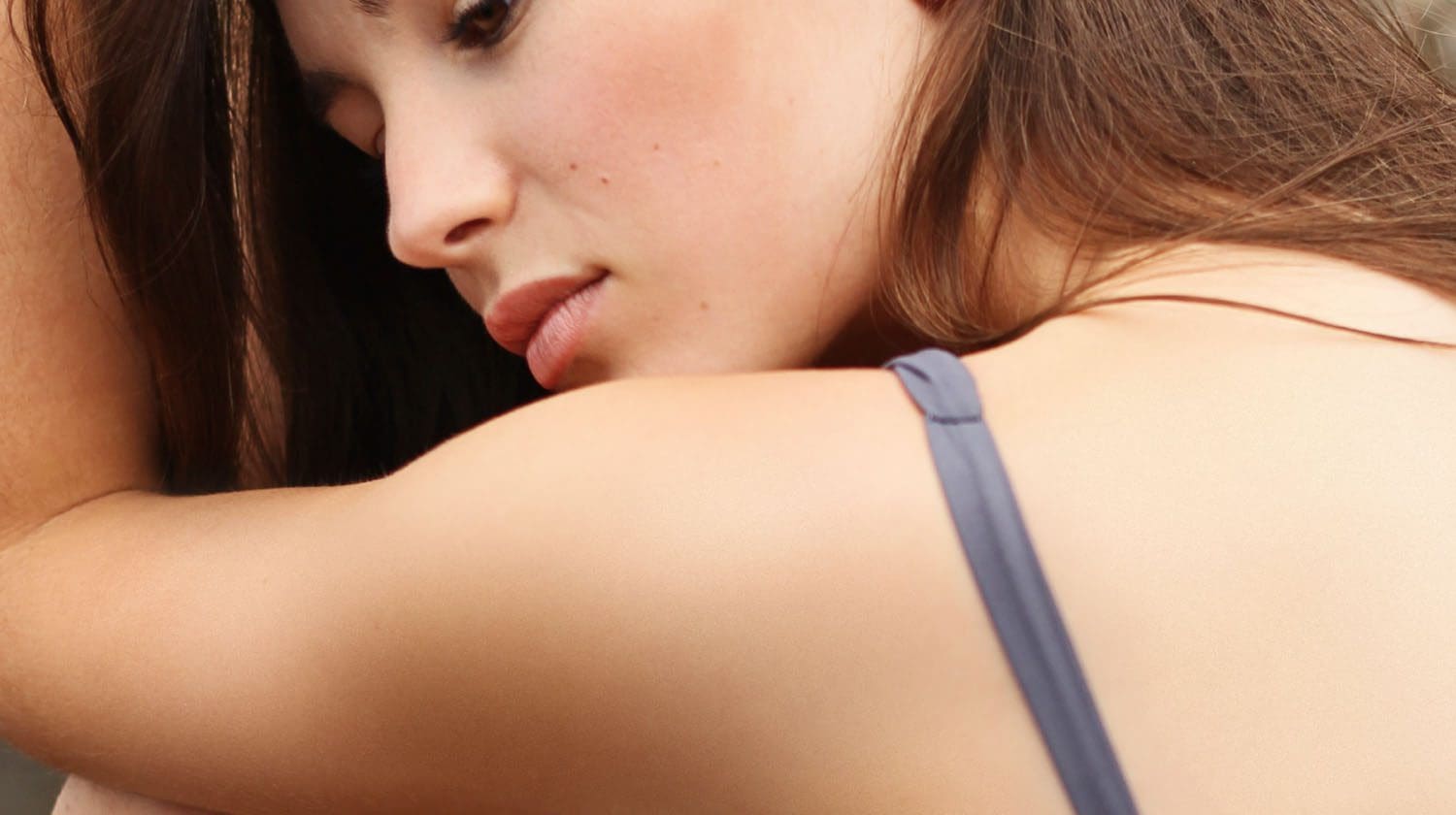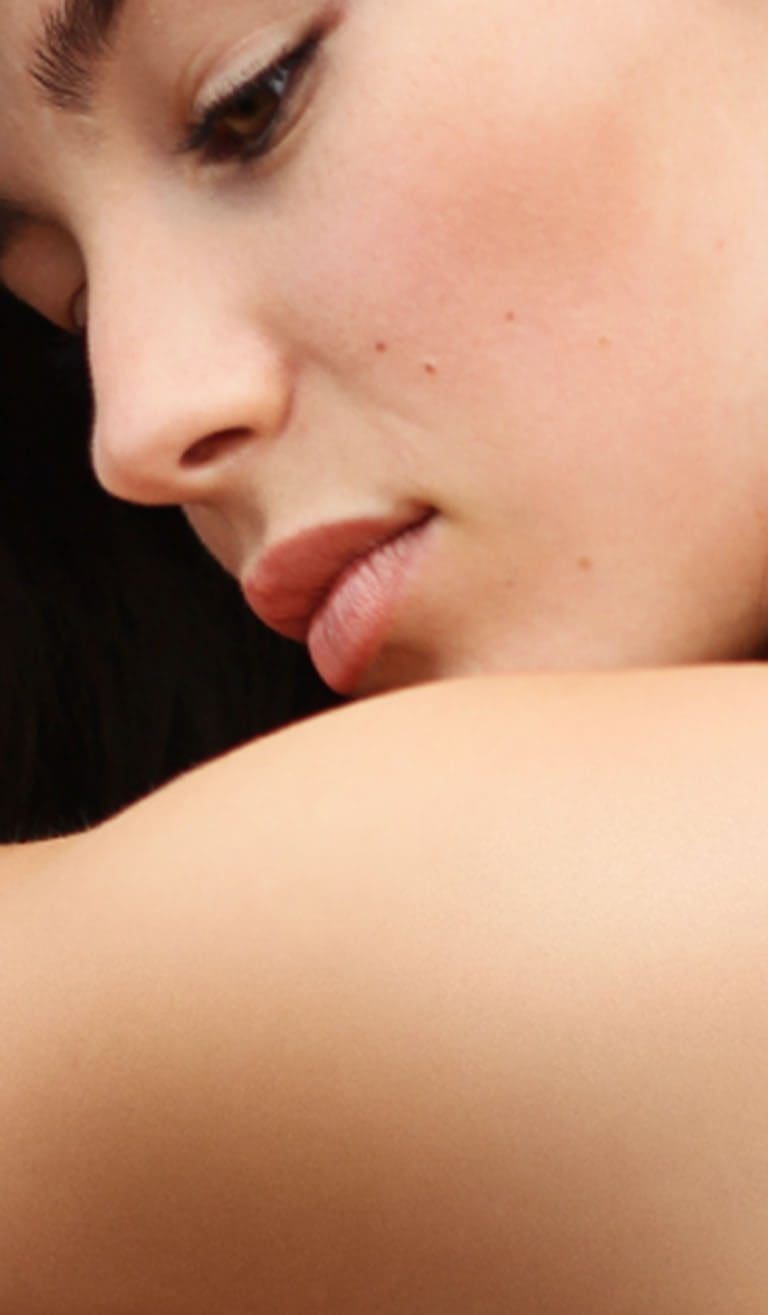



What do our clients think? Average 5 out of 5 based on 231 reviewsRead all reviews
Roaccutane (Accutane) is appropriate for moderate to severe acne, and should be considered as a last resort after you have tried topical agents. We also offer prescriptive skin care and skin peels which have proved to be very effective in treating acne and other skin diseases.
Roaccutane (Accutane) can have some serious side effects such as damage to internal organs and depression. This is why it is critically important to undertake a course of Roaccutane (Accutane) only under the professional supervision of an experienced Dermatologist. Roaccutane (isotretinoin) can also cause birth defects. Therefore, it is a requirement that during the 5 – 7 months that you’re taking Roaccutane (Accutane), you do not become pregnant.
Treatment with Roaccutane (isotretinoin) does not affect your fertility. One month after you have stopped treatment, Roaccutane (isotretinoin) will not longer be present in your body, and will have no effect on your ability to have healthy children in the future.
To learn more about adverse side effects, precautions during and after treatment, see our section on Roaccutane (Accutane) Client Information. There are less serious and more common side effects: skin may become red and dry during the course of the treatment and, often, acne becomes a little worse before improvement occurs.
A course of Roaccutane generally lasts 5-7 months.
The purpose of treatment with Roaccutane is to potentially clear acne long-term. Whilst this is the case for many patients, others may experience as little acne again but this is usually not as severe as it was before. Some patients – a small percentage – may need a second course of treatment.
We treat patients who are 18 years of age or older. Patients who are younger than 18 we advise to go through the NHS, via their GP.
• Women who are, or who might be, pregnant
• Women who are breast-feeding
• Impaired liver function
• People with high levels of fat in their blood
• Hypervitaminosis A – the presence of too much vitamin A in the body, symptoms of which include: irritability, fatigue, skin changes, hair loss, headache, stomach ache.
Anyone with the below conditions must proceed with caution:
• A history of depression
• Diabetes
• Dry-eye syndrome
• Impaired kidney function
• Allergies to peanuts, soya, or the sugar sorbitol as some brands of Roaccutane (isotretinoin) may contain these ingredients
The cost of your Roaccutane (Accutane) treatment is a fixed price. Prices, which are all inclusive of your initial consultation, blood tests, regular assessments, pregnancy tests (if applicable), taxes and charges, are £1,200 for men and £1,600 for women. The treatment price does NOT include the cost of Roaccutane (Accutane), which must be purchased from a pharmacy via prescription. The dosage prescribed to you will depend partially on your body weight. A rough guide as to the cost (as at May 2020) of Roaccutane (Accutane) based on body weight is approximately £50 per stone of body weight for Roche branded Roaccutane and £37 per stone of body weight for generic Isotretinoin over the course of treatment. For example, a 10 stone client would therefore expect to pay £500 (Roaccutane) or £360 (Isotretinoin) over the course of 5 – 7 months to the pharmacy for the Roaccutane medication.
Whether or not you are accepted under care by our Roaccutane Dermatology Specialist is entirely at the prescriber’s discretion.
We are not a pharmacy and do not dispense Roaccutane. Our service is the assessment, management and prescription of appropriate medications. The prescriptions still need to be filled by a registered pharmacy.
We should be able to see you for a free consultation within a week or two, and once you have completed the necessary tests/screenings you will be able to start your treatment. Click here to book your free consultation.
Please follow this link for our Roaccutane consultation appointment availability
Roaccutane, also known as isotretinoin, is a medication used to treat severe acne that has not responded to other treatments. While Roaccutane can be an effective treatment for acne, it is also associated with several potential side effects. It is important to understand these side effects before taking Roaccutane and to discuss any concerns with a botonics doctor.
One of the most common side effects of Roaccutane is dryness. Roaccutane can cause dry skin, dry eyes, and dry lips. This can be managed by using moisturisers, eye drops, and lip balm. It is important to avoid picking at dry skin or lips, as this can lead to further irritation and even infection.
Roaccutane can also cause sensitivity to sunlight. People taking Roaccutane should avoid prolonged sun exposure and wear protective clothing and sunscreen when outdoors. In some cases, Roaccutane can cause skin rashes or sunburn-like reactions.
Another potential side effect of Roaccutane is joint pain. This can be particularly noticeable in the back and knees. Joint pain can be managed with over-the-counter pain relievers, such as ibuprofen or acetaminophen. It is important to speak with a botonics doctor if joint pain is severe or interfering with daily activities.
Roaccutane can also cause changes in mood or behaviour. Some people may experience depression, anxiety, or irritability while taking Roaccutane. If these symptoms occur, it is important to speak with a botonics doctor immediately. In some cases, Roaccutane may need to be discontinued or the dosage adjusted.
Roaccutane can also cause changes in vision. This can include blurred vision or difficulty seeing at night. People taking Roaccutane should report any changes in vision to their botonics doctor. In rare cases, Roaccutane can cause serious eye problems, such as cataracts or glaucoma.
Finally, Roaccutane can cause birth defects if taken during pregnancy. Women who are pregnant or planning to become pregnant should not take Roaccutane. Women who are of childbearing age and taking Roaccutane should use effective contraception during treatment and for at least one month after discontinuing the medication.
In conclusion, while Roaccutane can be an effective treatment for severe acne, it is associated with several potential side effects. These include dryness, sensitivity to sunlight, joint pain, changes in mood or behaviour, changes in vision, and the risk of birth defects if taken during pregnancy. It is important to discuss these potential side effects with a botonics doctor before taking Roaccutane and to report any concerning symptoms during treatment.
Your Questions Answered
Treatment Summary
Procedure time
5 - 7 months
Anaesthetic
Hospital stay
Not required
Sensitivity period
Back to work
Duration of results
Risks & complications
Roaccutane can cause severe and long lasting damage to a patient’s health, which is why blood tests are critical and why the dosage must be prescribed by an experienced doctor. For women, Roaccutane causes birth defects so they must not become pregnant while taking the medication and for several months after finishing it. The medication can cause changes in mood, and causes dryness to the membranes (skin, mouth, eyes, lips, etc.) and sensitivity to light. It can also cause serious health issues such as a spike in cholesterol, drop in Gamma GTs indicating you've developed a neutropenia, etc. Therefore, the dose must be balanced to keep these side effects bearable during the 5 - 7 month treatment cycle. Because of these risks and inconveniences, Roaccutane is a treatment of last resort when a patient has exhausted other options such as over the counter treatments, oral and topical antibiotics. The key advantage of Roaccutane is that it has an extremely high success rate in resolving acne that cannot be helped in any other way. Patients who complete the course tend to enjoy benefits lasting from several years to the rest of their lives.
Location
Your Specialist(s)

